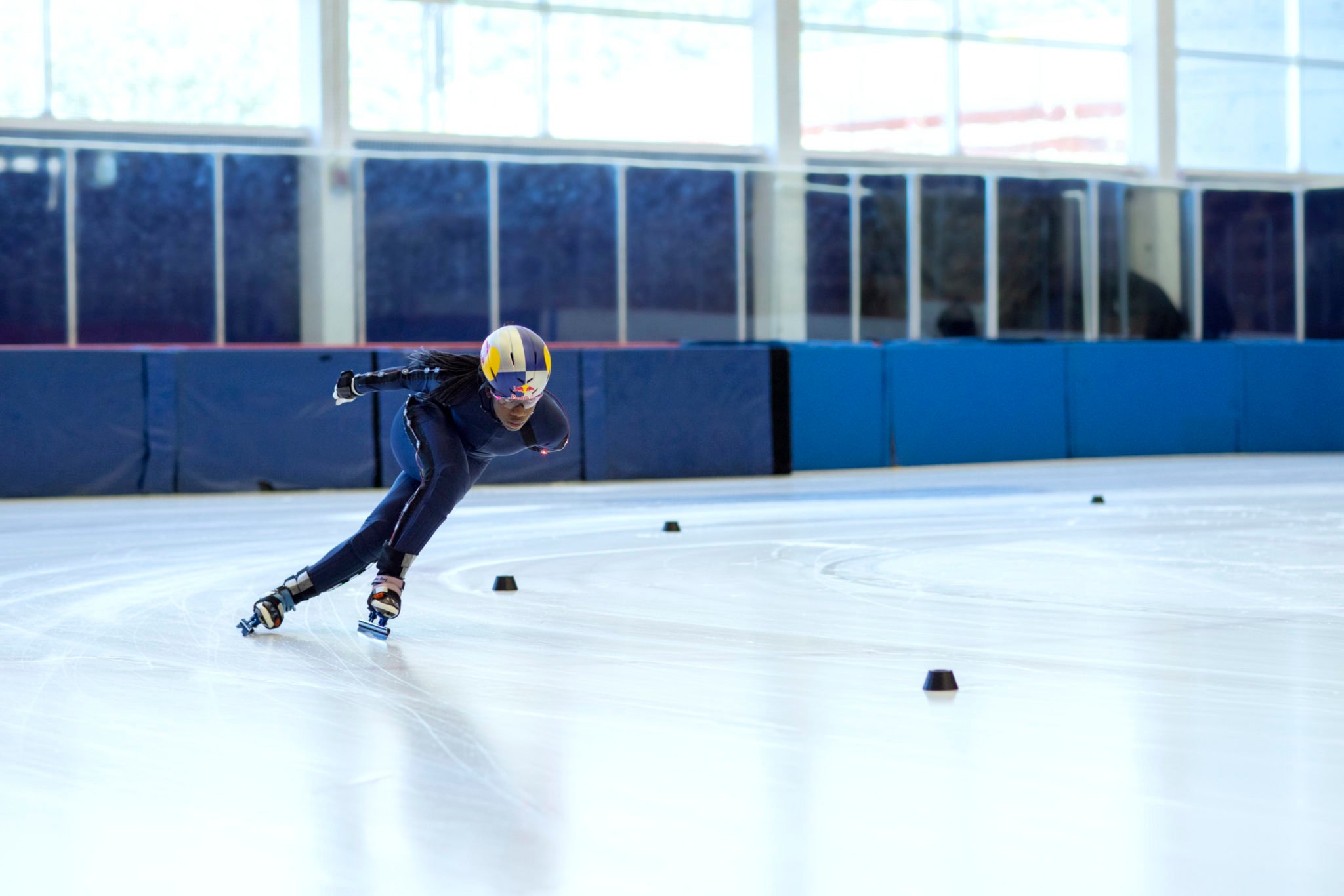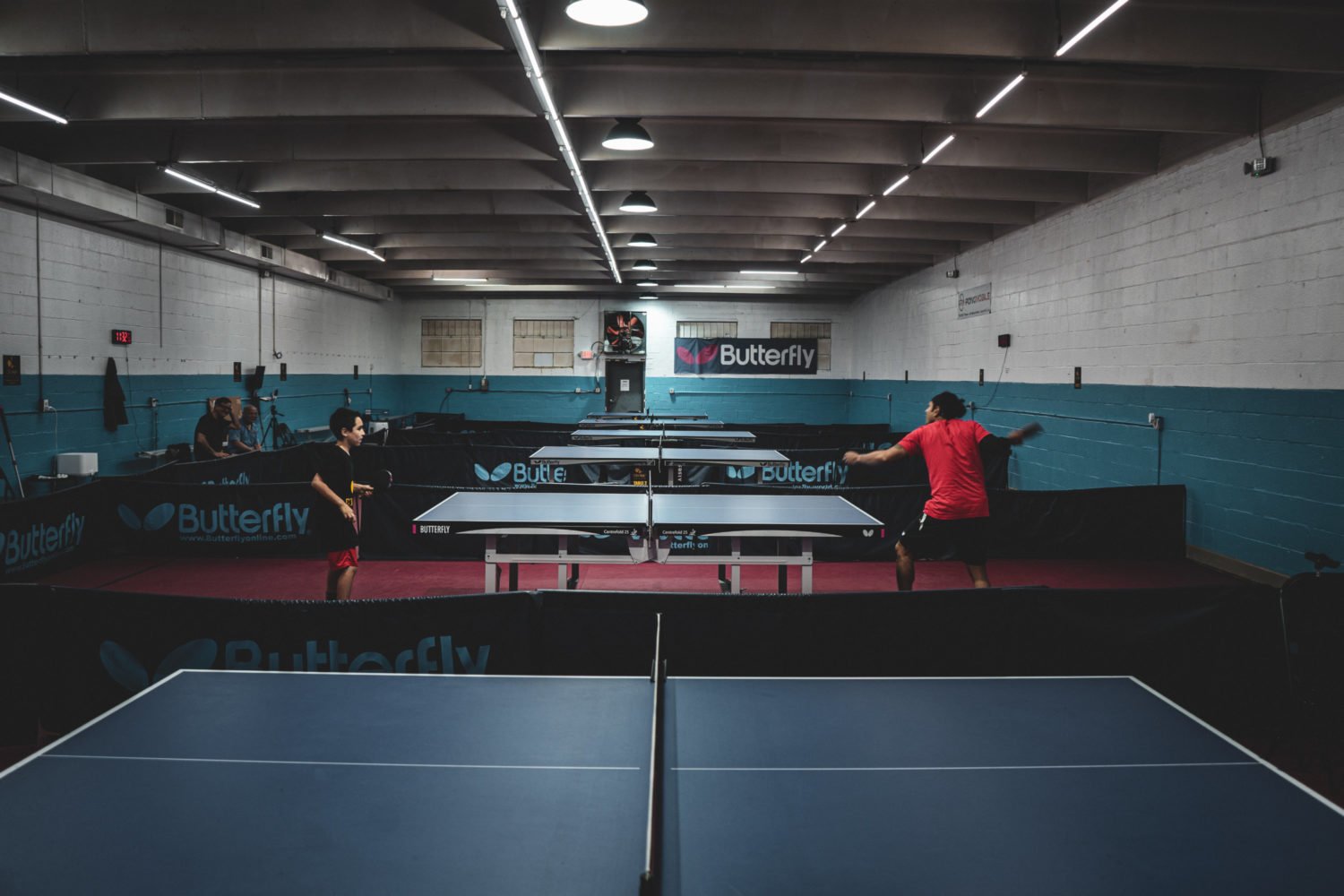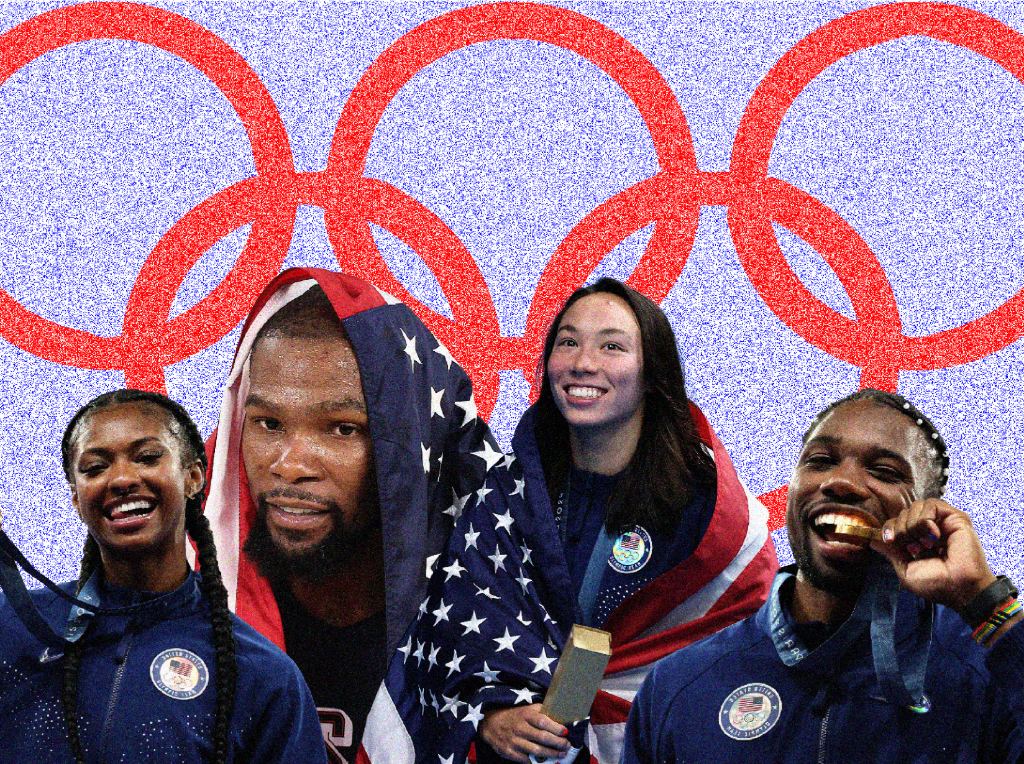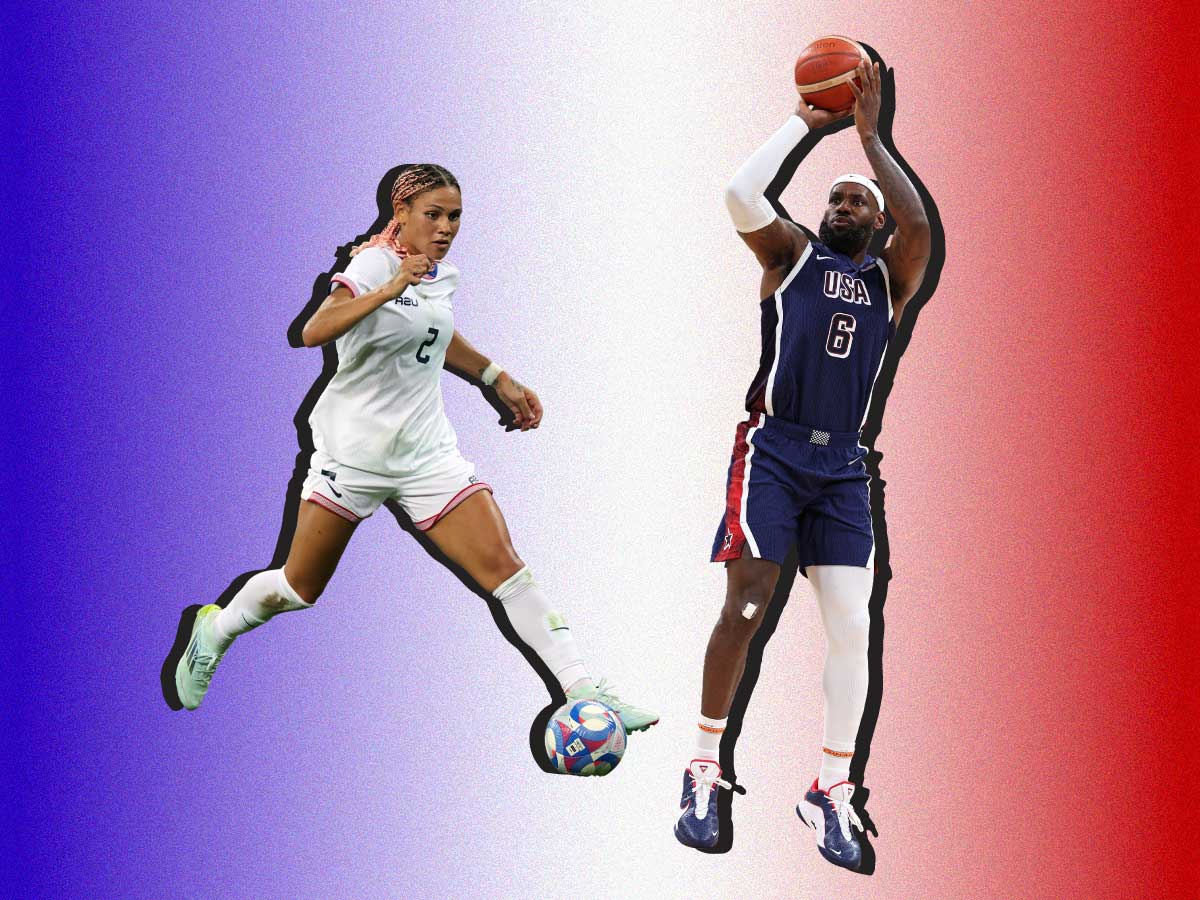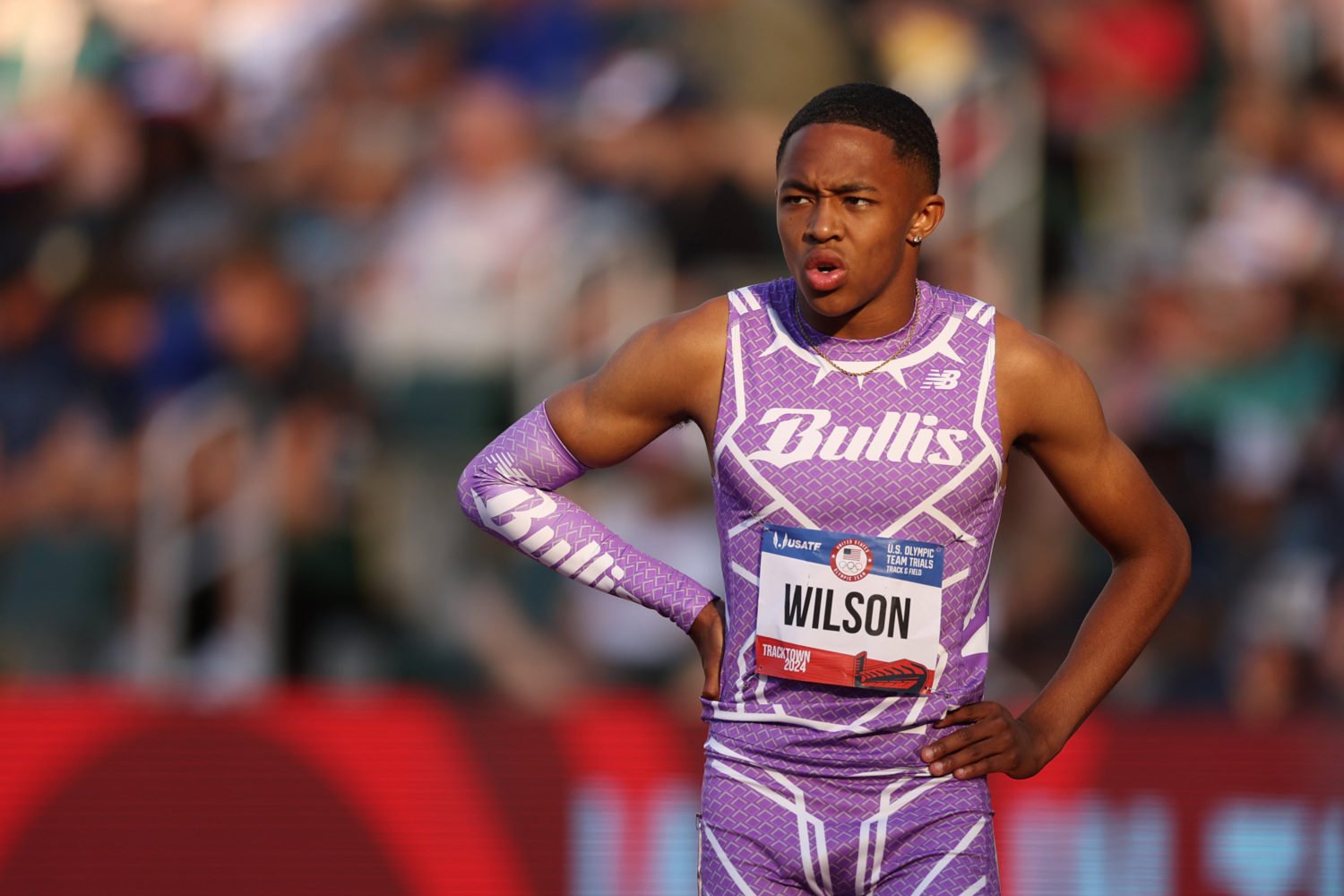Maame Biney, a 21-year-old short-track speed skater from Reston, will compete in the 2022 Beijing Winter Olympics after placing first in a 500-meter race at the short-track Olympic Trials in Salt Lake City in late December.
This will be Biney’s second Olympics with Team USA, but getting to this point was not an easy feat. She says she had to manage college life, training, and her feelings of not being good enough. “I feel very proud of myself because I’ve had a lot of obstacles in these past four years,” she says. “I’m really happy that I was able to show myself that through everything, I was able to keep going.”
In 2017, Biney made history as the first Black woman to qualify for the U.S. Olympic speed-skating team. The role came with a lot of pressure that she says was a bit tough to handle. When she placed 14th in the 500-meter race and 31st in the 1,500-meter at the 2018 Pyeongchang Winter Olympics, Biney was “extremely disappointed” because she didn’t do as well as people thought she would. She considered quitting the sport.
This time, she says, is different. Biney and her coach, former Olympic speed skater Simon Cho, have implemented some new technology, such as a suit with motion-capture sensors and ice skates with pressure sensors, to get an in-depth analysis on her body movements and speed.
Biney also says she started using a meditation app on a regular basis to help her with mental health, which allowed her to go into this year’s Olympic trials with a calm and healthy mindset. “I wasn’t freaking out like I usually would, and I just felt really light,” she says. “I haven’t had that feeling in a really long time.”
As her coach, Cho plays a big role in helping Biney overcome her worries. He says he experienced unhealthy coach-athlete relationships while he was competing in the Olympics, so he’s working toward being a better coach by having an open line of communication with his athletes and being as supportive as possible, even if they make mistakes. “When I was an athlete, I certainly had coaches that thought tough love was making me stronger,” he says. “But Olympic-caliber athletes are very critical of themselves. How am I helping them overcome that if I’m belittling them?”
As a result, Biney isn’t pressuring herself to win a gold medal. Instead, she will stay in her own little bubble, use the tools that have worked for her in the past few months, and just keep going. “I’m just gonna do my best and be proud that I’m even there,” she says.

